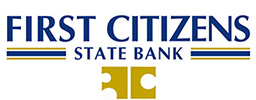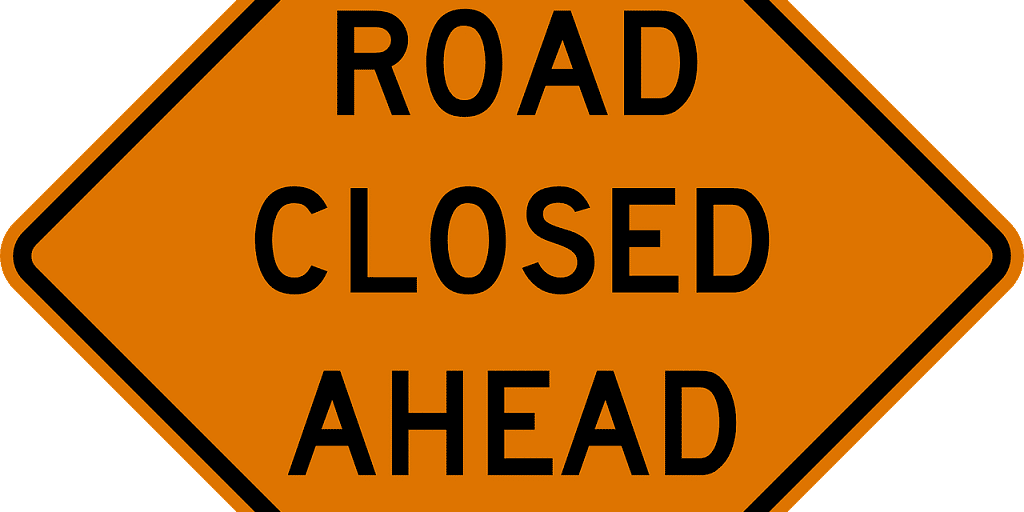Walworth County Health and Human Services Offers $5 Radon Test Kits in January 2025
More than half of Walworth County Homes Tested for Radon in 2024 had Higher Levels than the EPA Deems Safe
Walworth County Health and Human Services is pleased to announce a special promotion in January 2025, offering radon test kits for $5 with a non-perishable food item donation. This offer is limited to one test kit per person. [In response to The Whitewater Banner’s question about eligibility of Jefferson County residents to participate in the program, Health Officer Erica Bergstrom indicated that “it is not limited to only Walworth County residents.” Consequently, it seems clear that both Jefferson and Rock County residents could participate.]
Testing is offered locally through the Kenosha/Walworth Radon Information Center, funded through a Wisconsin Department of Health Services grant. Normally, the cost is $15 per kit. Food donations will be distributed through the Walworth County Food and Diaper Bank, which supports local families experiencing food insecurity.
Radon testing is an essential step in maintaining a safe living environment. Radon exposure is the leading cause of lung cancer among non-smokers, and testing is the only way to know if radon levels in a home are elevated. “January is a great time to find out if your home has elevated radon as houses are closed up for the cold winter weather and we’re spending more time indoors,” says Walworth County Public Health Officer Erica Bergstrom.
The test kit includes a small vial that must be left open to the air in the lowest livable level of a home for two to three days. The vial should then be capped and mailed to Accustar Labs, which generally provides the results within a few days via mail, email, or telephone. Shipping and analysis of the kit are included in the $5 price.
The reduced-price test kit offer is redeemable starting January 2, Monday through Friday from 8 a.m. to 4:30 p.m. at the Walworth County Health and Human Services building at 1910 County Rd. NN, Elkhorn, WI 53121. Cash and check payments only.
The County encourages all residents whose homes have not yet been tested for radon to take advantage of this special offer. Those whose homes test at an elevated level of radon are urged to contact the Kenosha/Walworth Radon Information Center for information about mitigation options.
For more information about the promotion or to learn more about radon testing, please contact Walworth County Health and Human Services, Division of Public Health at (262) 741-3140, email walcoph@co.walworth.wi.us, or visit us online at www.co.walworth.wi.us.
Editor’s note: The above press release was received from Walworth County Public Health. The following is a press release on the same subject from the Wisconsin Department of Health Services.
DHS Encourages Homeowners, Property Owners, and Schools to Test for Radon
Radon exposure is the second leading cause of lung cancer after cigarette smoking
Radon, a colorless, odorless gas, can seep into homes through their foundation and be deadly at high levels. In Wisconsin, 1 in 10 homes has elevated levels. Radon is the second leading cause of lung cancer, and approximately 962 Wisconsinites have radon-induced lung cancer. Fortunately, radon is easy to test for and leaks can be fixed. This National Radon Action Month, the Wisconsin Department of Health Services (DHS) is encouraging home and building owners, and schools, to understand their risk and test their buildings for radon.
“Knowing about radon and testing radon levels in your home can save lives,” said DHS State Health Officer Paula Tran. “In Wisconsin, we have 17 Radon Information Centers around the state where experts are available to answer your questions and offer low-cost test kits. Indoor radon levels tend to increase during the colder months, so now is the perfect time to test your home or building for radon if you haven’t before.”
While radon can affect anyone, children are generally considered to be more sensitive compared to adults due to their smaller lung sizes and faster breathing rates. Along with encouraging testing at home, Wisconsin continues to take steps to improve testing in spaces where children spend significant amounts of time. In March 2023, the Wisconsin Department of Children and Families (DCF) enacted rule changes which require licensed childcare providers to test for radon and install a mitigation system if radon levels exceed the EPA action level. In addition, DHS recommends that all schools test for radon at least once every five years or upon completion of any major renovations.
“Since the DCF rule went into effect, 41 childcare centers across Wisconsin have mitigated high radon, protecting over 820 children enrolled in care from exposure to high radon levels,” said DHS State Health Officer Paula Tran. “Preventing exposure to high radon in places where kids spend a lot of time is a significant way to reduce their overall exposure to radon.”
Reduced-cost test kits are available to childcare providers and all Wisconsin residents through their regional Radon Information Center and test kit promotions are happening throughout January. The cost of mitigation can be a barrier for some families and businesses; Wisconsin residents can visit their Radon Information Center or speak with local public health department radon experts by calling 888 LOW-RADON to discuss available options.
Any house or building can be at risk for high radon levels, including apartments and commercial buildings. Landlords have a responsibility to provide safe living and working conditions to their tenants and should work with a certified radon testing or mitigation contractor to get started on addressing the issue for their tenants. DHS encourages homeowners and property owners to use a certified contractor and to locate one using resources available on the DHS How to Find a Contractor webpage.
More information can be found at lowradon.org.






















